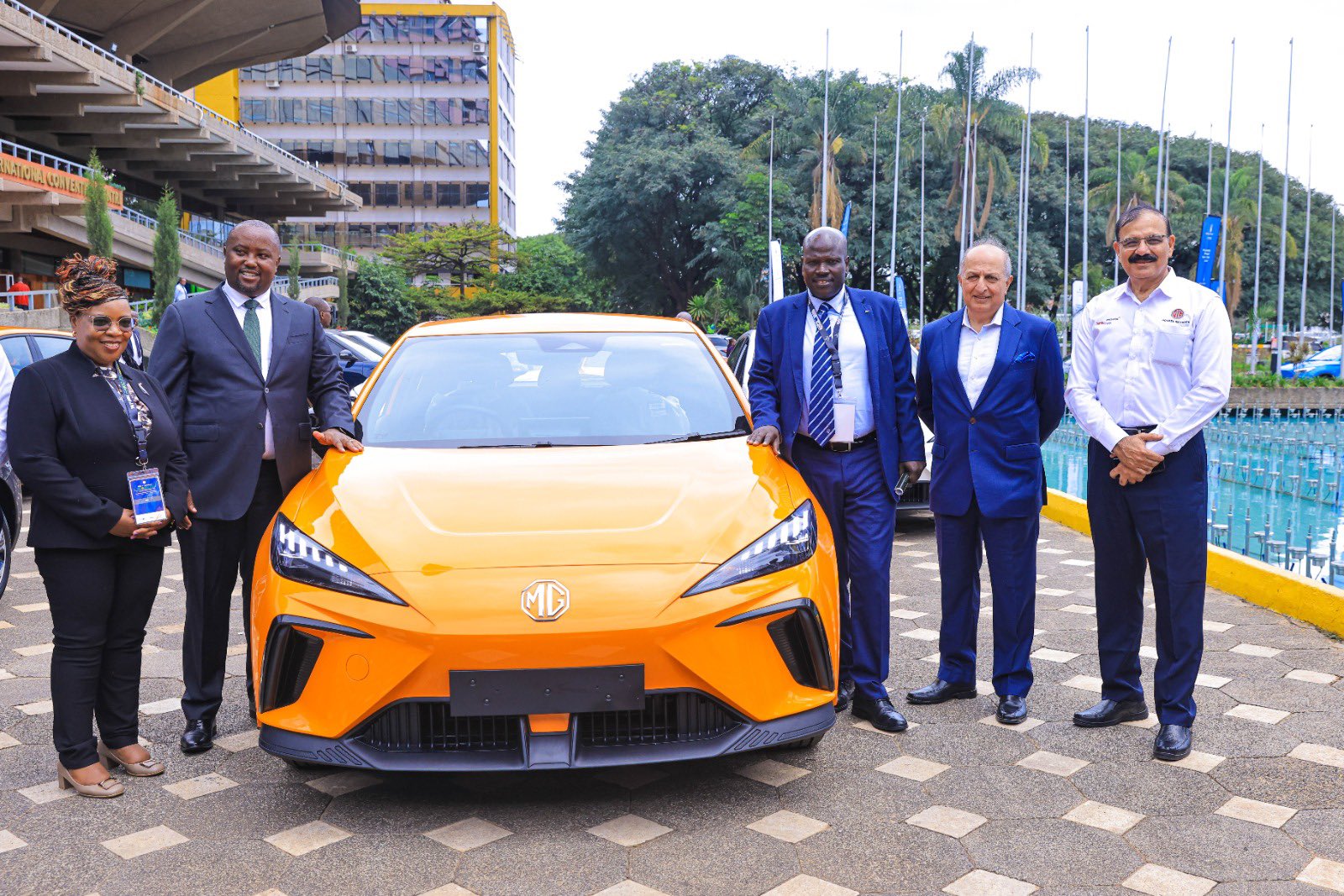Kenya’s EV Charging Infrastructure: 45 New Chargers Across 6 Counties—What It Means for E-Mobility

Kenya is charging ahead in spearheading sustainable transportation with 45 new locations for electric vehicle (EV) charging laid out in six counties. The expansion of the EV charging infrastructure in Kenya is designed to cater to the growing demand for clean-energy transit and to make sure that access remains fair for electric vehicle owners nationwide.
During the 3rd Annual E-Mobility Stakeholders Conference & Expo held at Nairobi, the new charging stations were unveiled, with plans for placement in strategic locations across Nairobi, Nyeri, Kisumu, Eldoret, Nakuru, Mombasa, and Taita Taveta counties. Six of these chargers will be installed at Jomo Kenyatta International Airport (JKIA), a central hub of both domestic and international travel, thereby easing the convenience of EV charging for the owners during travel.
Expanding EV Charging Infrastructure in Key Locations
This second phase comes after the success of the initial installation of three charging stations in Nairobi. The new set of 45 charging stations will be strategically dispersed throughout the country, underlining Kenya’s commitment to establishing a reliable and strong EV charging infrastructure.
These chargers are meant to serve urban and peri-urban areas that host the largest number of electric vehicles, which are now over 9,000. The ever-growing demand for electric vehicles calls for the installation of a wide range of charging infrastructure to further Kenya’s ambitious e-mobility goals.
Currently, the country boasts registration of around 9,047 EVs as against 2,694 and 5,294 registered in 2023 and 2024, respectively. A number of interventions to create an enabling environment, including the setting up of an E-mobility tariff in the current electricity tariff control period, have fueled E-mobility growth.
Public-Private Partnerships Powering Growth
Since KPLC remains a core player in EV infrastructure development in Kenya, the company has set aside KSh 258 million over three years in support of this initiative. The investment will be utilized in the establishment of further charging stations as well as fitting electric vehicles within KPLC’s own fleet. The partnership between KPLC, TotalEnergies, Ampersand, Roam, and Arc Ride is also setting up 13 public charging sites throughout the country.
This is a very interesting development for BasiGo, charged in being a local electric bus manufacturer, and furthering Nairobi’s EV charging infrastructure in Embakasi, Kikuyu, and Buruburu. Moja EV Kenya is meanwhile planning a nationwide rollout of 100 charging stations by the end of 2025, with the first 80kW DC fast-charging station already active in Nairobi.
Affordable Access and Policy Support
The protagonists here are KPLC and NCBA Bank; they have teamed up to market an EV financing plan that would facilitate the purchase of electric vehicles for both individual and commercial buyers. The plan endeavors to reduce the price of electric vehicles while ensuring that their charging infrastructure grows quickly in Kenya alongside demand.
Under the National Building Code 2024, it would be required that new buildings have 5 percent of the parking slots with charging outlets installed. This policy further strengthens the EV charging infrastructure in Kenya as one of the major pillars for sustainability implementation in the country.
Managing Grid Pressure
As more EV charging infrastructures are being set up, the next challenge will be creating ways to accommodate the additional load on the national power grid. Experts fear that an additional strain may be put on Kenya’s electricity supply, especially during peak hours. Coordinated energy management to include grid upgrades, plus smart charging, will be vital to the success of this transition.
A Regional Leader in E-Mobility
The fast-paced development of EV charging infrastructures in Kenya has put it at the forefront of electric mobility in East Africa. With very strong partnerships between government agencies and the private sector, sensible policies, and the National EV strategy at its heart, Kenya appears set to walk hard with clean and sustainable transport options.
The announcement of 45 new chargers, strategically located at JKIA among other places, is more than just a milestone; it is a clear indication that this is a country steadfastly embracing the future of transport.
“We appreciate the immense support that we have received from the Government of Kenya towards driving the uptake of E-mobility. Our focus is to work closely with the Government of Kenya to advocate for policies that will continue to incentivize EV adoption such as tax exemptions and subsidies for electric vehicles and charging infrastructure,” said Kenya Power’s Chairman of the Board of Directors, Joy Brenda Masinde.
“Kenya Power is committed to enable the country’s transition to electric mobility to catalyse the reduction of carbon emissions. Part of our plan is to create an enabling environment for players within the e-mobility ecosystem through provision of adequate power supply and the requisite infrastructure such as charging stations that will enable motorists to travel with ease,” said Kenya Power’s Managing Director & CEO, Dr. (Eng.) Joseph Siror.
Statistics show that the global transport sector contributes about 23% of emissions of carbon. Kenya has in turn pledged a 32% reduction of greenhouse gas emissions by the year 2030.
Follow us on WhatsApp, Telegram, Twitter, and Facebook, or subscribe to our weekly newsletter to ensure you don’t miss out on any future updates. Send tips to editorial@techtrendsmedia.co.ke


